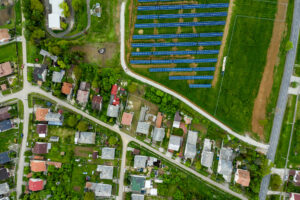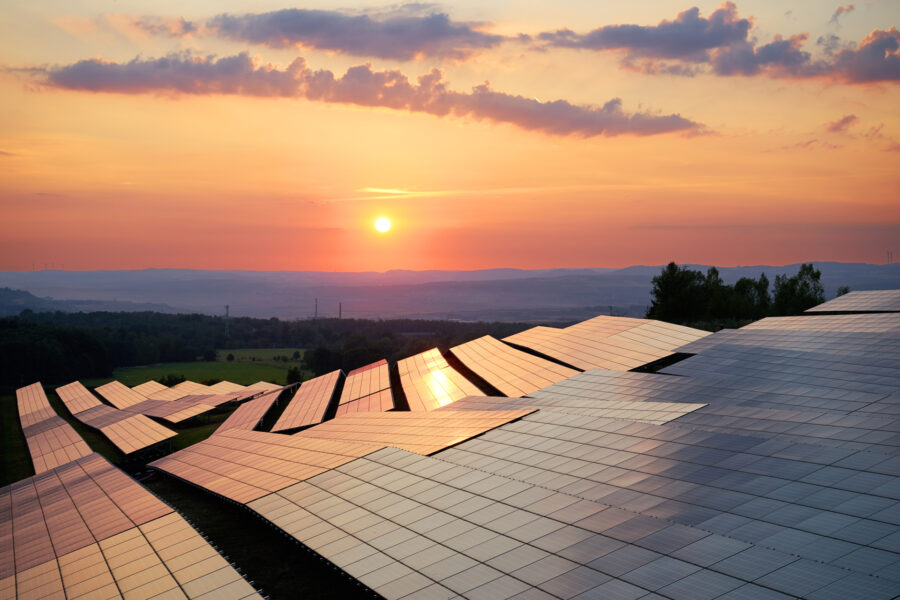Community solar is a form of solar energy generation that allows community members to access meaningful benefits of renewable energy, including reduced energy costs, low- to moderate-income household access, increased resilience, community ownership, and equitable workforce development and entrepreneurship. It is especially suitable for those who don’t own a home, live in an apartment or don’t have a good roof. Community solar subscribers sign up or subscribe to a solar project whose energy is entering the utility grid. The energy produced by this community system enters the grid like any other power plant’s energy, and the customer who signs up for the solar energy is compensated just by signing up. This process does not involve any cost to the subscriber. In fact, the subscriber receives dollar savings and credits in their electric bills in exchange for the subscription. The savings are usually 10% of the total bill each bill period for 25 years. All electricity customers and US taxpayers pay into this system to make the savings possible while also enabling renewable energy to be developed.

Those who participate in community solar indirectly power their homes and businesses by allowing these plants to be developed, operate and push solar energy into the main utility grid. By signing up for community solar, individuals and small businesses contribute to the clean energy movement while also enjoying a reduction on their electricity bill.
Benefits
-
Greater access to solar energy. Community solar opens up solar to renters, condo owners, and people with roofs unsuitable to panels. Any person who pays a utility bill is eligible to subscribe, earn solar credits, and reap the benefits of community solar and clean energy as a whole.
-
No installation or maintenance. Solar panels can be expensive to install and will always require some level of maintenance. Community solar is a great option for consumers who do not want this extra burden.
-
Cheaper utility bills. Community solar subscribers can expect to see some savings (5-10%) on their electric bills.
-
Supporting the local economy. Solar power plants require real humans to install and maintain the panels. As the demand for community solar grows, the number of people needed to work on local solar farms will also grow.
-
Solar is better. Read more about the general benefits of solar energy here.


